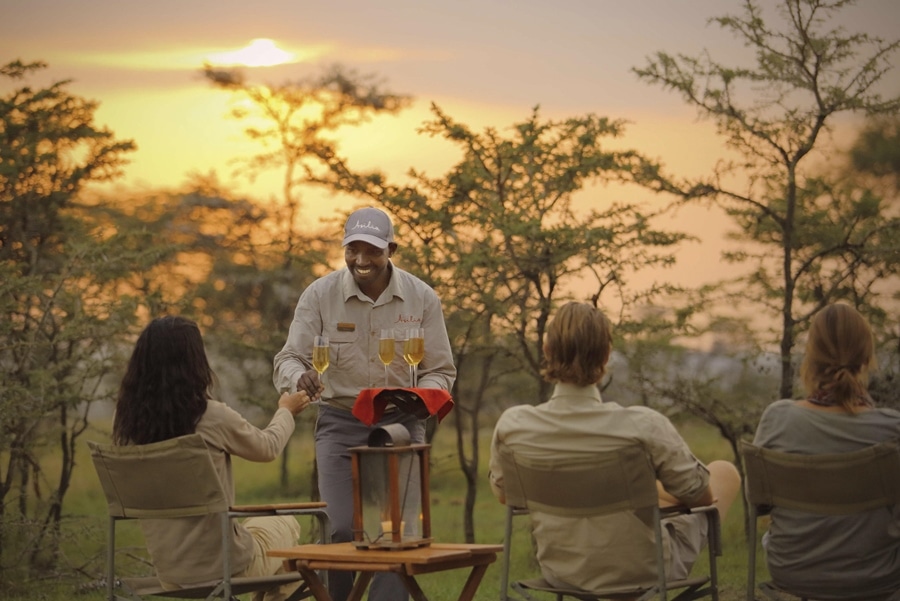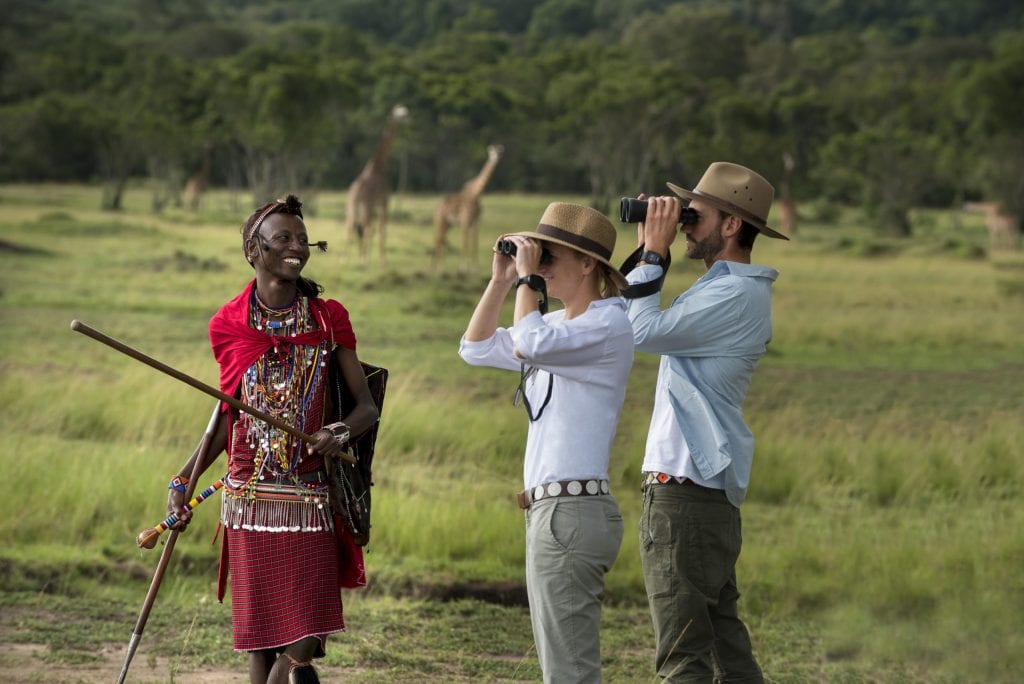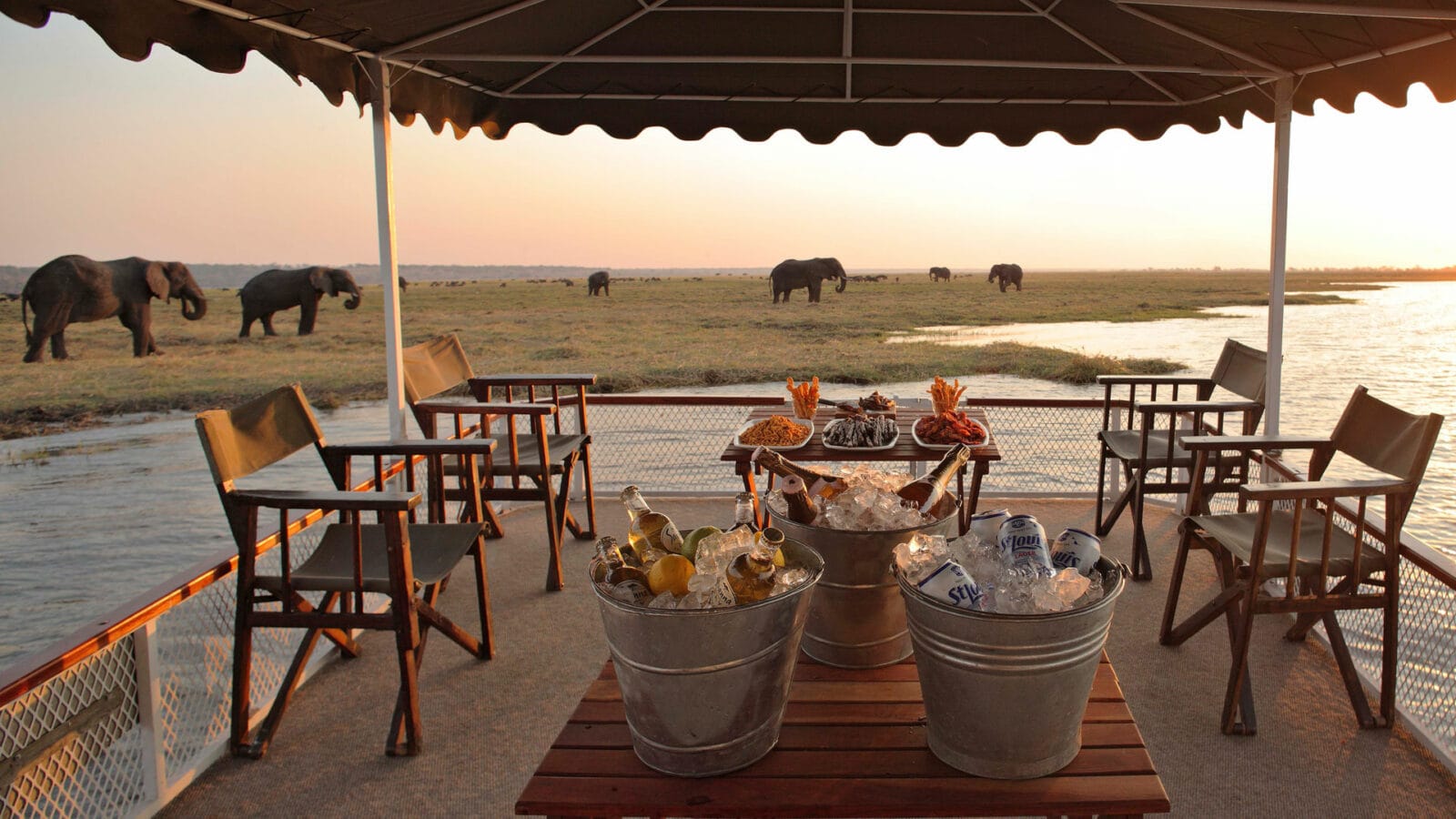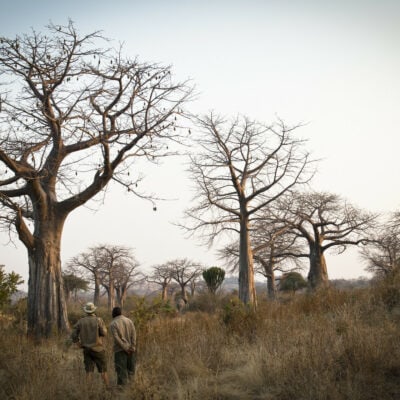
Going on a safari in Africa is a dream come true for many people. It’s an opportunity to see some of the most breathtaking wildlife and landscapes that the world has to offer. However, it’s important to keep a few money tips in mind to ensure that you have a hassle-free and unforgettable safari experience. We’ve included everything you need to know, as well as some top tips!

Mastering Tipping Etiquette on an African Safari
An important part of safari etiquette is tipping, which can be a tricky thing to navigate, especially for those who are not familiar with the customs and norms of the region. While tipping is most definitely not compulsory, if you are happy with the service received, it is a meaningful way to show your appreciation for your guide and the staff in the various lodges and camps that you visit.
A general rule, you will tip the guide (and spotter if there is one) directly, at the end of your stay at each camp/lodge.
You would then generally find a “staff tip box” in the camp or lodge’s reception area, and this tip will then be distributed between all the staff who made your stay incredible: the chefs, waiters, cleaners, porters and other staff members who work behind the scenes to ensure that your stay is comfortable and enjoyable.
If you receive any special services or treatments, such as a massage or sa treatment, it’s often appreciated to tip the therapist directly – as a rule of thumb, around 10% of the treatment total is appropriate.

Using your Card Abroad
Be sure to notify your bank or private banker of your travels to ensure your card works abroad, and any transactions won’t be confused with fraudulent activity.
You’ll also want to familiarize yourself with what international fees may be applicable for using your card across Africa, as some banks charge fees for purchases made overseas with a foreign merchant. These fees typically range from 1% to 4% of each purchase.
Top tip: Merchants sometimes offer to quote the final price in U.S. dollars and, unbeknownst to tourists, make the conversion at an uncompetitive exchange rate, so it’s also handy to have a rough understanding of what a competitive exchange rate really is! However, our trusted guides will be able to assist you with unbiased advice at any point in your trip when it comes to shopping or dining out.

Local Currency & Cash Considerations
When it comes to cash, it’s important to bring enough cash with you in small denominations for tipping, souvenirs, and personal purchases. Some properties don’t include drinks, so these will need to be paid for upon check-out – you can usually pay by card, though there’ll often be a processing fee added.
USD is widely accepted throughout the region and is often preferred, so local currency is not always essential. Please make sure the notes are recent (post 2013) as older notes are often not accepted.
You can also convert money at various locations in Arusha or Nairobi, such as at banks and bureau de change.
While there are limited ATMs available in East Africa, they are only located in town centres, so it’s best to bring enough cash with you to avoid being dependent on local ATMs, banks, and currency exchange offices.

Safety & Security Considerations
Finally, it’s important to keep your money and valuables safe while on safari.
Many properties will have a safe deposit box available, and it’s always a good idea to request to put cash, passports, and other precious items in there.
With these things in mind, you can sit back, relax, and enjoy the incredible wildlife, landscapes and cultural experiences that Africa has to offer.
Read more travel tips on our website https://trueafrica.com/travel-tips/


